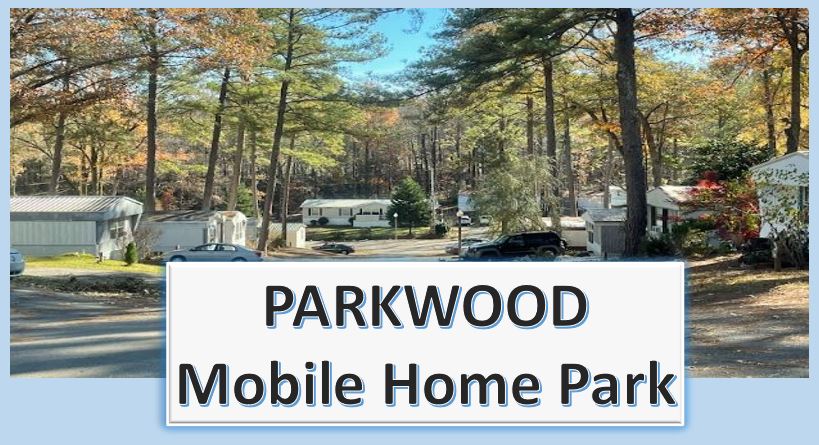This is important! Notify us as soon as you start considering selling your home as stated in lease agreement.
Here's an update of the move out process for tenants who plan to sell their mobile home:
1. Bill of Sale
Ensure you have a signed and notarized document transferring ownership from the tenant to the buyer.
When purchasing a mobile home, securing the bill of sale is one of the most critical steps in the process. This legal document serves as proof of the transaction, protecting both the buyer and the seller. Here’s why it’s essential:
- Proof of Ownership Transfer: The bill of sale officially records the transfer of ownership from the seller to the buyer. Without it, there may be disputes or confusion about who legally owns the mobile home.
- Details of the Agreement: This document outlines key details such as the sale price, condition of the home, and any included items like appliances or furniture. Having this in writing helps ensure both parties are clear on the terms of the sale.
- Legal Protection: If any legal issues arise after the sale—whether it’s a dispute about payment, title transfer, or defects in the home—the bill of sale can serve as critical evidence to resolve the matter.
- Tax and Registration Purposes: Many states require a bill of sale when registering the mobile home or paying sales tax on the purchase. Without it, you could run into delays or complications with local authorities.
- Peace of Mind: Securing a bill of sale gives you peace of mind, knowing that the transaction was properly documented, and your rights as a new homeowner are protected.
2. Screening of the Prospective Buyer or incoming New Tenant
Property management conducts screening on the prospective buyer. Screening protects the property and also the other residents.
Here's the link for the screening: https://screen.boompay.app/
Please note, there's $35 screening fee.
Checks include:
- Credit history
- Criminal background
Upon successful screening, the property management notifies the tenant and prospective buyer of approval.
A thorough tenant screening process plays a crucial role in maintaining a safe, harmonious, and well-maintained community. Here’s why it matters:
- Ensures Community Safety: Proper screening helps ensure that new tenants have a clean background, which contributes to the overall safety of the park. Conducting background checks can help reduce the risk of bringing in individuals with criminal histories that could jeopardize the security of other residents.
- Promotes Financial Stability: Screening allows the management to verify a tenant’s financial history, including credit scores and previous rental records. This ensures that new tenants are more likely to pay rent on time, reducing the risk of missed payments or evictions.
- Preserves Property Value: Tenants with a history of maintaining properties in good condition are more likely to take care of their mobile home and surrounding lot. Proper screening helps attract individuals who will contribute to the upkeep of the community, which benefits everyone.
- Fosters a Positive Community Culture: Welcoming responsible and respectful tenants creates a cohesive community where people feel comfortable and engaged. Screening for good tenant behavior minimizes potential conflicts, noise disturbances, or other issues that can disrupt park life.
3. Move-In Requirements for the Buyer
Here are other requirements of the buyer or the upcoming new tenant in the move in process:
Valid IDs: Copies of valid identification for both tenant and buyer.
Contact Information: Contact numbers and email address
Occupants' Information: List other occupants who will move in (Name, Affiliation, Birth Date)
Security Deposit: Tenant pays any outstanding balances or fees, including security deposit refund or transfer to the buyer (as per agreement).








